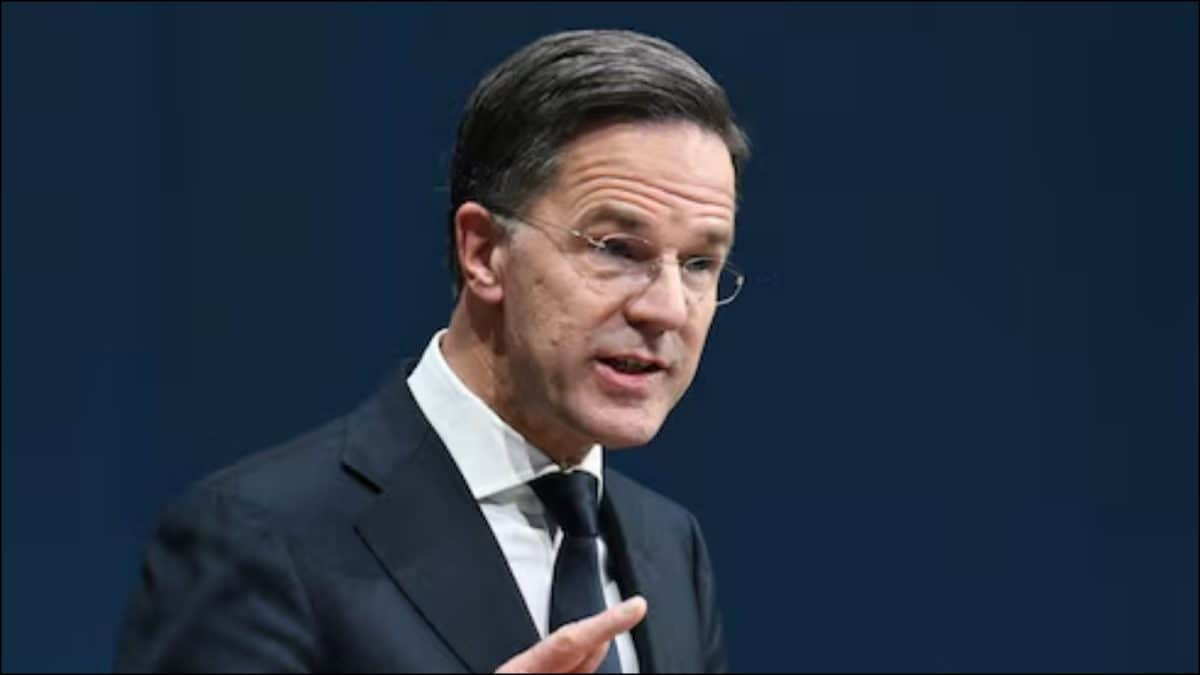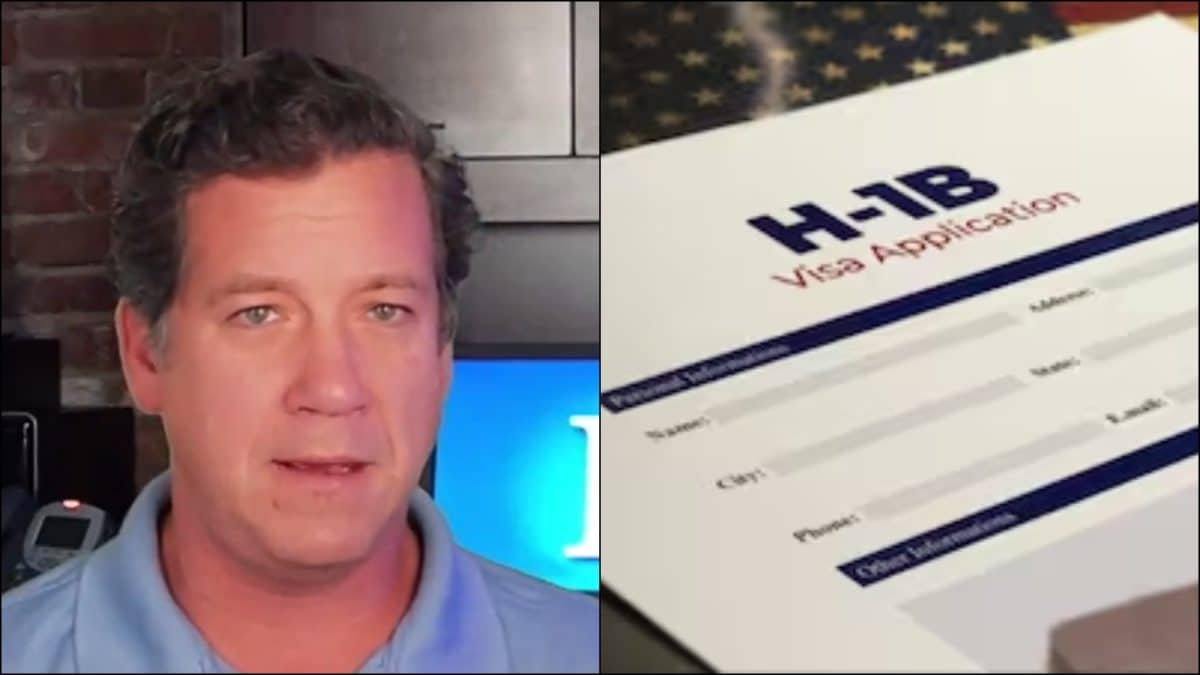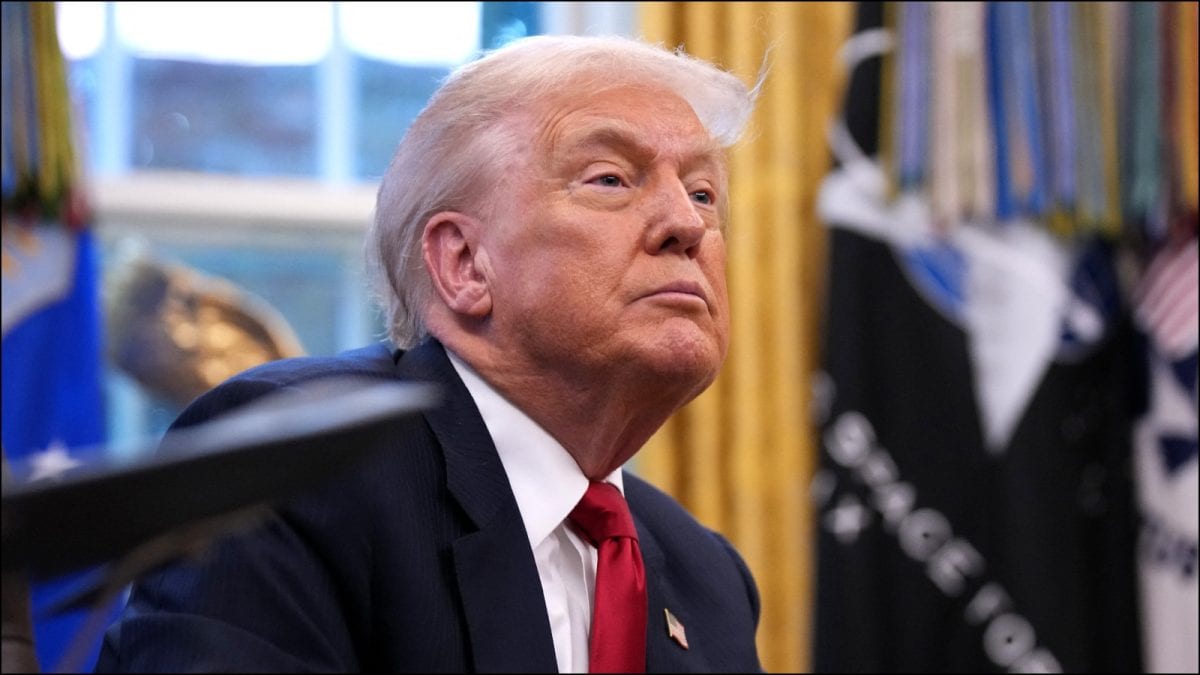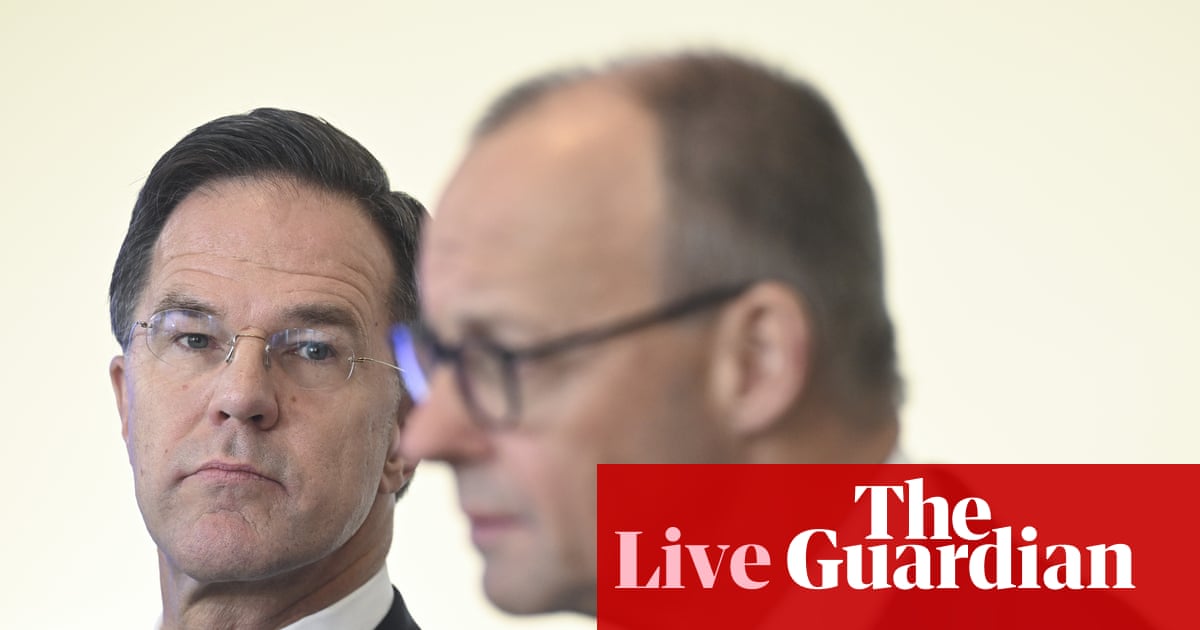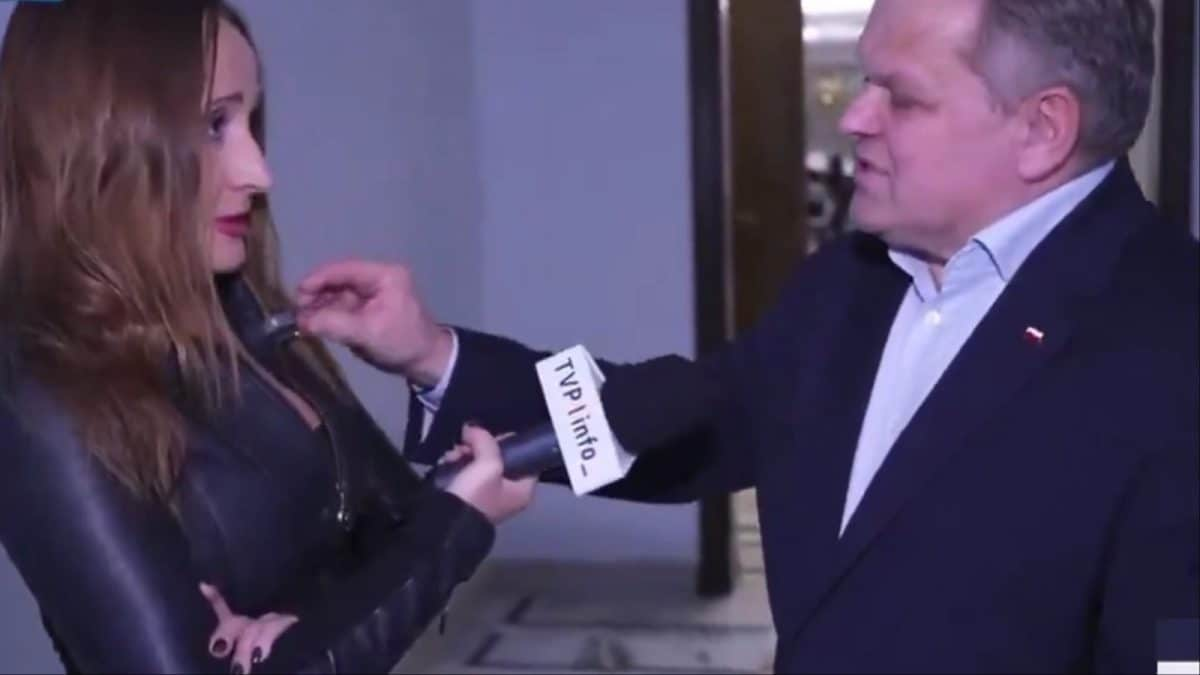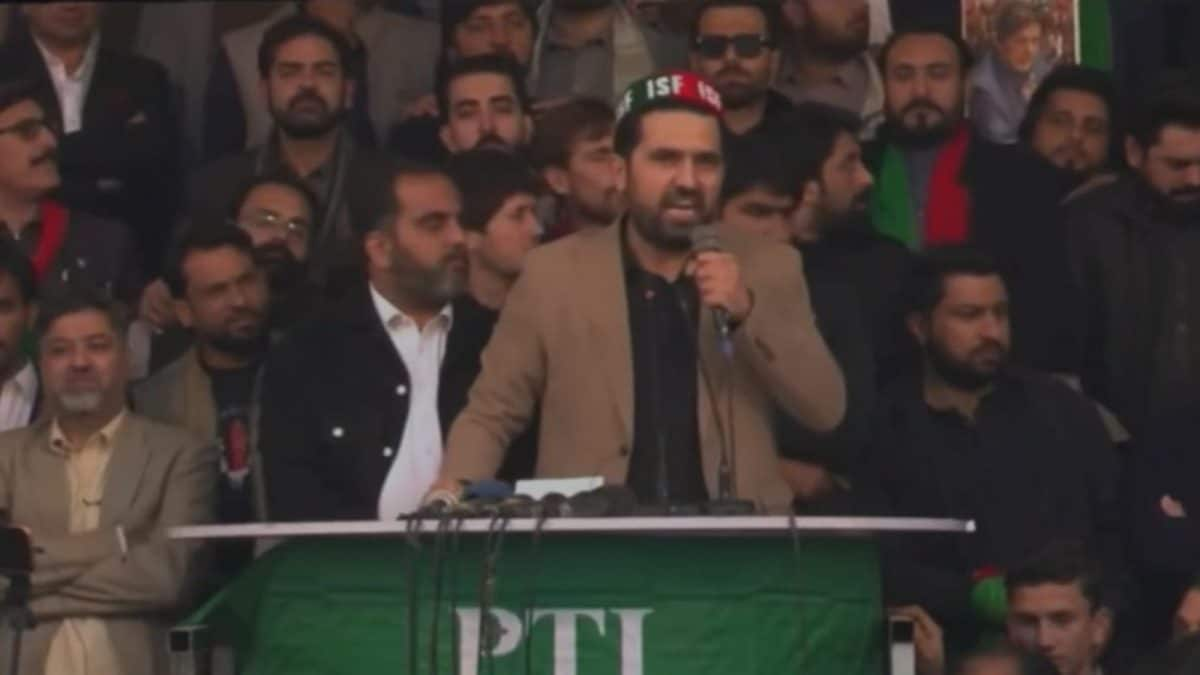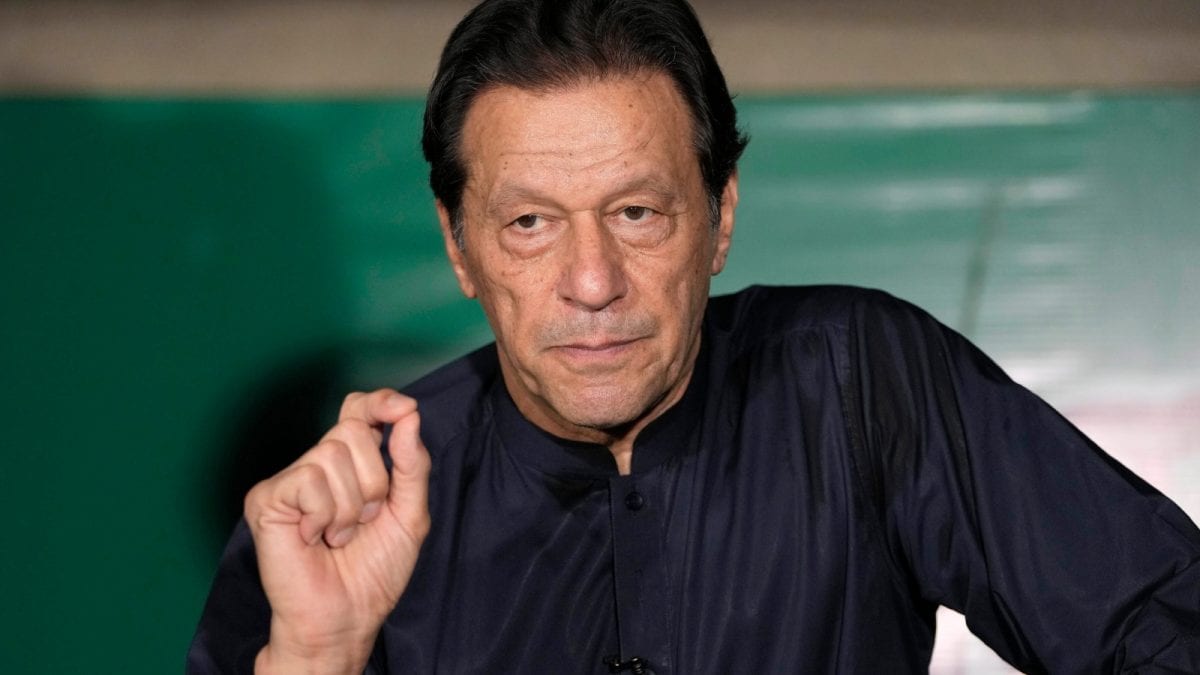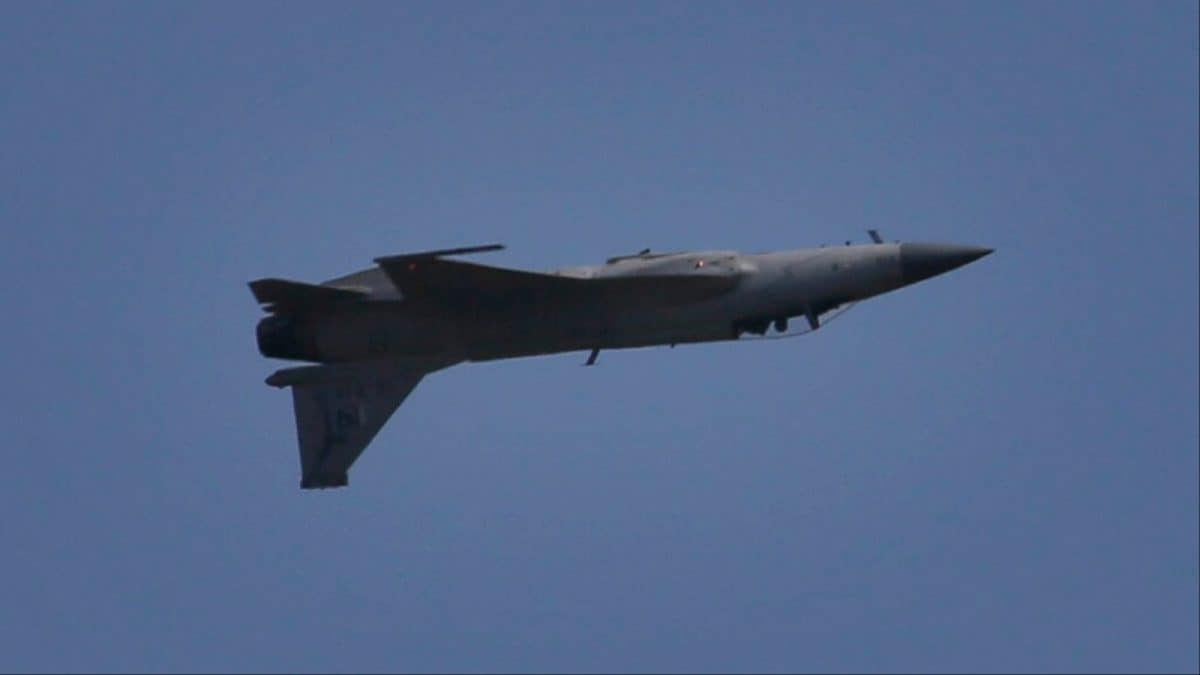As Pakistan teeters between ideology and pragmatism, the Gaza protests reveal a deeper struggle: will the generals and street mobs dictate foreign policy, or can Islamabad seize a historic chance to join the Abraham Accords and embrace real peace?
Pakistan finds itself at a delicate crossroads of faith, foreign policy, and domestic politics. Weeks after former U.S. President Donald Trump unveiled his Gaza Peace Plan, a blueprint for an expanded Abraham Accords and a new regional order, Pakistan briefly appeared poised to join the initiative. Prime Minister Shehbaz Sharif publicly endorsed the plan, meeting Trump on multiple occasions and issuing statements in favour of durable peace between Israel and Palestine.
Yet within days, Islamabad’s streets erupted with protests led by the Tehreek-e-Labbaik Pakistan (TLP), a hardline religious group long associated with the Pakistani military establishment. Tens of thousands marched in “solidarity with Gaza,” despite the ceasefire holding and Palestinians celebrating peace. Observers argue the protests were less about Gaza and more about sending a clear message to Washington: Pakistan was not ready to make such a bold diplomatic leap.
The TLP’s mobilisation is consistent with a historical pattern. Since 2017, the group has repeatedly emerged as a tool for the deep state, used to influence both domestic and foreign policy. From blocking reforms under Nawaz Sharif to destabilising Imran Khan’s government, the TLP has repeatedly appeared whenever the military sought to assert its influence. This time, the target was Trump’s West Asia peace plan.
Behind the scenes, Pakistan’s military and political leadership have privately explored normalising relations with Israel. In September, a follow-up meeting in Washington sealed a “Strategic Mutual Defence Agreement” with Saudi Arabia, signalling alignment with the U.S.-Saudi-Israeli strategy. Trump even referred to Field Marshal Asim Munir as his “favourite field marshal.” Publicly, however, Pakistan faced an immediate backlash. Jamaat-e-Islami labelled any recognition of Israel as “treason,” and ministers hastily denied that the country had committed to the Abraham Accords.
The TLP’s protests served as a convenient alibi for the establishment. By manufacturing domestic instability, Pakistan could publicly retreat from any commitments without directly rejecting Washington. Western media coverage amplified the chaos, giving Islamabad breathing room to avoid difficult diplomatic choices.
Yet this tactic comes at a cost. Punjab police, long frustrated by being used as pawns in such political manoeuvres, clashed with protestors, revealing fractures within Pakistan’s security apparatus. Meanwhile, India and Israel continue to deepen their strategic partnership, leaving Pakistan increasingly isolated. Economically, Islamabad faces mounting pressure. Foreign reserves are low, and U.S. aid and Saudi investment are vital lifelines, both contingent on Pakistan playing a constructive role in regional peace.
The Gaza protests, therefore, are about far more than ideology. They reflect a deeper struggle over who defines Pakistan’s foreign policy: the civilian government or the unelected generals. While the country’s leadership privately recognises the inevitability of Israel’s inclusion in regional frameworks, public endorsement is fraught with political risk.
The Arab world is moving forward. UAE, Bahrain, and Morocco have normalised ties with Israel, and even Saudi Arabia appears prepared for recognition. Pakistan’s hesitation, masked as domestic chaos, risks leaving the country sidelined in a transforming West Asia. The Abraham Accords offered Islamabad a bridge to relevance, but the repeated use of extremism as a strategic tool may come at the cost of opportunity, influence, and long-term stability.
The question remains: will Pakistan continue choosing protest over progress, or will it reconcile ideology with realpolitik before it is too late?
- Ends
Published By:
Rudrashis kanjilal
Published On:
Oct 16, 2025

 1 month ago
1 month ago


